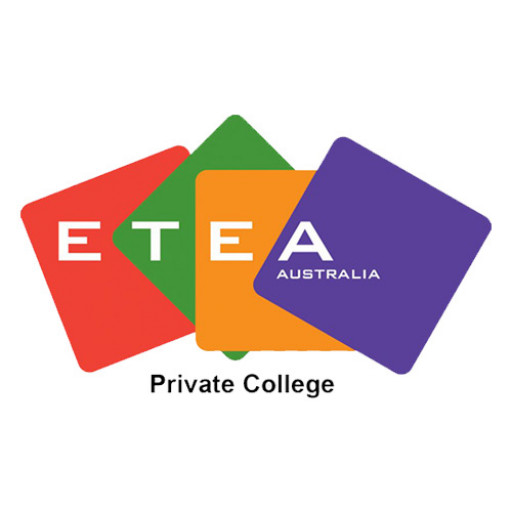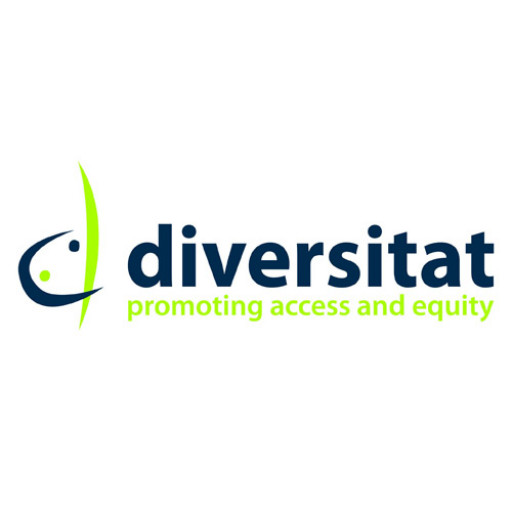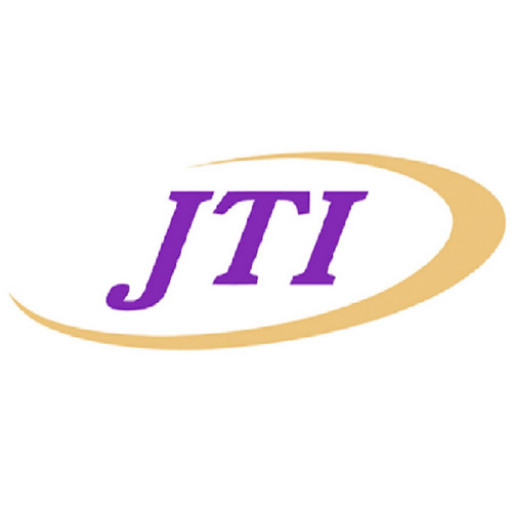The Diploma of Disability at Chisholm Institute provides students with comprehensive knowledge and practical skills necessary to support individuals with disabilities across various settings. This program is designed to prepare graduates for employment in community services, healthcare organizations, and disability support agencies, enabling them to make a meaningful difference in the lives of people with disabilities. Throughout the course, students learn about person-centered approaches to care, understanding diverse disabilities, and effectively implementing support strategies tailored to individual needs. The curriculum covers essential topics such as communication techniques, legal and ethical considerations, planning and delivering support services, and developing strong relationships based on respect and empathy. Emphasizing practical experience, the program includes workplace training components that allow students to apply their skills in real-world environments, fostering confidence and competence. Graduates of this diploma will be equipped to assist clients with daily activities, promote independence, and advocate for their rights within the community. The course also emphasizes teamwork, cultural awareness, and the importance of inclusive practices in service delivery. With a focus on ongoing professional development, students are encouraged to stay informed about the latest practices and legislative changes affecting disability support. Upon completion, graduates are well-prepared to pursue a variety of roles such as disability support worker, community support officer, or residential care worker. The program’s combination of theoretical knowledge and practical experience ensures graduates are workplace-ready and capable of contributing positively to the wellbeing and inclusion of individuals with disabilities. Whether students are seeking to start their career in the social support sector or to upgrade their existing skills, this diploma offers a solid foundation for meaningful work and continued professional growth.
The Disability Support program at Chisholm Institute is designed to equip students with the essential skills and knowledge required to provide high-quality assistance to individuals with disabilities. This comprehensive course covers a wide range of topics, including understanding various types of disabilities, effective communication strategies, ethical considerations, and person-centered care approaches. Students will learn how to support clients in daily activities, promote independence, and facilitate participation in community life. The program emphasizes practical training, giving students the opportunity to apply theoretical concepts in real-world settings through work placements and simulated scenarios. Throughout the course, learners develop a deep understanding of legislations and policies relevant to disability support, including national frameworks and standards. The program fosters a compassionate and respectful attitude towards individuals with disabilities, encouraging students to advocate for inclusion and empowerment. Graduates of this program will be prepared to work in diverse settings such as community services, residential facilities, and support organizations, assisting clients with personal care, mobility, communication, and emotional well-being. The course aims to create a culturally sensitive and professionally competent workforce committed to making a positive impact on the lives of people with disabilities. Whether you are starting your career or seeking to enhance your existing skills, the Disability Support program at Chisholm Institute offers the training necessary to succeed in this rewarding field.
Program requirements for the Disability program at Chisholm Institute include completion of the necessary prerequisites such as a high school certificate or equivalent qualification. Applicants must demonstrate a genuine interest in working within the disability sector, and are often encouraged to have prior experience or training related to health, community services, or client support. The program demands a commitment to developing practical skills, which involves participation in hands-on learning components, including work placements that provide real-world experience in assisting individuals with disabilities. Prospective students should possess good communication and interpersonal skills to effectively interact with diverse client groups, demonstrating empathy and patience. As part of the application process, applicants may need to submit evidence of literacy and numeracy competencies, which are critical for understanding complex care procedures and documentation. The program also emphasizes understanding relevant legislation, policies, and ethical considerations related to disability services, requiring students to study and comprehend these frameworks thoroughly. For online or blended learning options, students should have access to reliable internet and basic digital literacy skills to engage with learning materials and online assessments effectively. The course aims to prepare students to meet the standards required by regulatory bodies and industry employers, ensuring they are competent to support individuals across various settings. Completing the program often leads to qualification that qualifies graduates to work in community and health services, including roles such as support workers, personal care assistants, and disability support officers. Entry requirements may vary depending on the applicant’s background, but a commitment to engaging with the theoretical and practical components of the course is essential. Due to the sensitive nature of the work, students are also expected to undergo a criminal history check and may be required to meet specific immunization standards. Overall, the program encourages a holistic approach, integrating theoretical knowledge with practical skills to ensure graduates are fully prepared for employment in the disability support sector.
The Financing of the Disability program at Chisholm Institute, TAFE VIC, typically involves a range of funding options to support eligible students in their studies. Students may access government-assisted schemes such as Victorian Training Guarantee (VTG) funding, which provides subsidies for TAFE courses to eligible residents of Victoria. This funding helps cover tuition fees for students who meet specific criteria, including age, residency status, and prior educational attainment. Additionally, students might be able to utilize VET Student Loans if they are enrolled in eligible diploma-level courses, offering a loan scheme to reduce upfront costs and ease financial burdens.
Chisholm Institute also provides various scholarships and bursaries specifically aimed at supporting students with disabilities or from diverse backgrounds, thereby promoting equitable access to education. These scholarships may cover parts of the tuition fees or offer financial assistance for disability-related accommodations and resources. Furthermore, students are encouraged to explore external funding sources such as employer-sponsored training programs, community-based grants, or national schemes like the Australian Government’s Disability Support programs, which may assist in extending financial aid based on individual circumstances.
Private funding sources, including personal savings or family support, often supplement government and institutional financial assistance. The institute offers financial counseling and support services to help students navigate available options, plan their finances effectively, and understand their rights concerning fee exemptions or reductions. International students, if eligible, may have different funding schemes, including tuition fee payment plans, but are seldom eligible for government subsidies. Overall, the financing options for the Disability program are designed to ensure that students with disabilities or those requiring additional support can access quality education without undue financial hardship, fostering an inclusive learning environment.
The Diploma of Disability at Chisholm Institute offers students comprehensive education and practical skills necessary to support individuals with disabilities across various settings. This program is designed to prepare students for roles such as Disability Support Workers, Community Support Workers, and other allied health assistants specializing in disability services. The curriculum covers key areas including understanding disability, person-centered approaches, supporting independence, legal and ethical considerations, and effective communication with clients and their families. Students undertake both theoretical coursework and practical placement components to develop hands-on experience in real-world environments, ensuring they are equipped to meet the diverse needs of people with disabilities. The program emphasizes fostering empathy, resilience, and professional ethics to prepare graduates for meaningful careers where they can make a positive difference in people's lives. Chisholm Institute's facilities provide state-of-the-art training environments, simulating workplace scenarios to enhance learning outcomes. The course modules are delivered by qualified industry professionals who bring valuable practical insights and current industry standards into the classroom. Graduates of this program gain the necessary skills and knowledge to support individuals with a range of disabilities, including physical, intellectual, and sensory impairments, within community, residential, and employment settings. The program aligns with national disability service standards and promotes inclusive practices. Students are also encouraged to develop further qualifications and professional development opportunities following graduation, facilitating career advancement within the disability sector. The institute is committed to creating an accessible learning environment and supports students with diverse needs to succeed academically and professionally. Employment prospects for graduates are strong, reflecting the growing need for skilled disability support workers across Australia due to aging populations and increased emphasis on inclusive community participation. Overall, the Diploma of Disability at Chisholm Institute provides a solid foundation for those passionate about making a meaningful impact through disability support work, combining theoretical knowledge with practical skills for a rewarding career.









